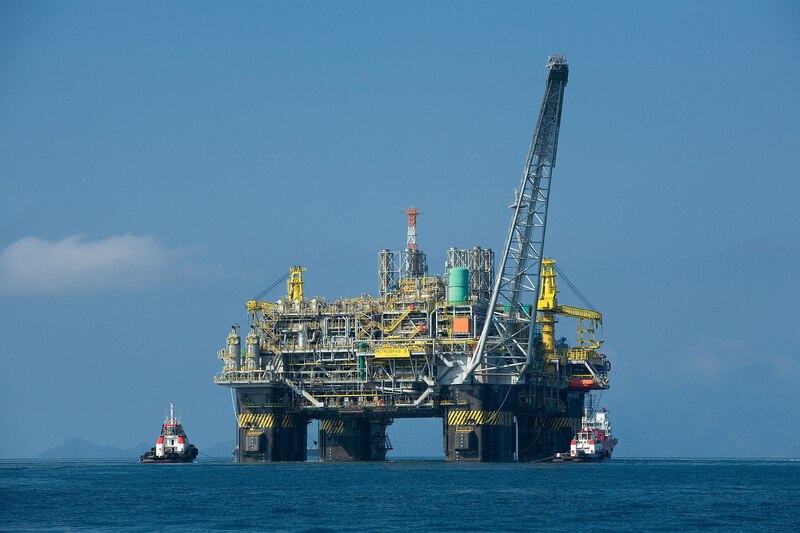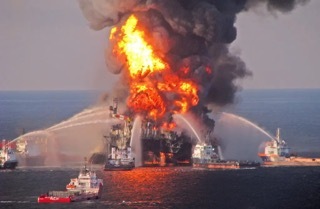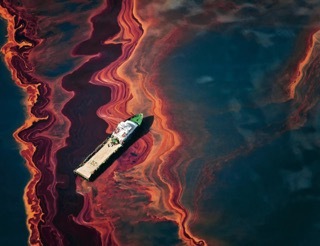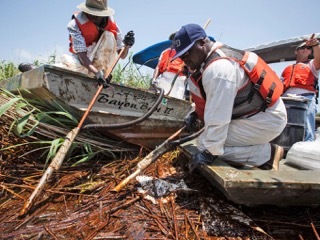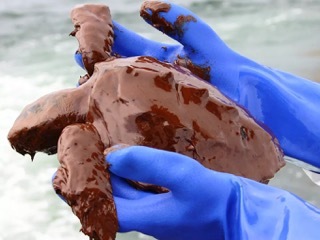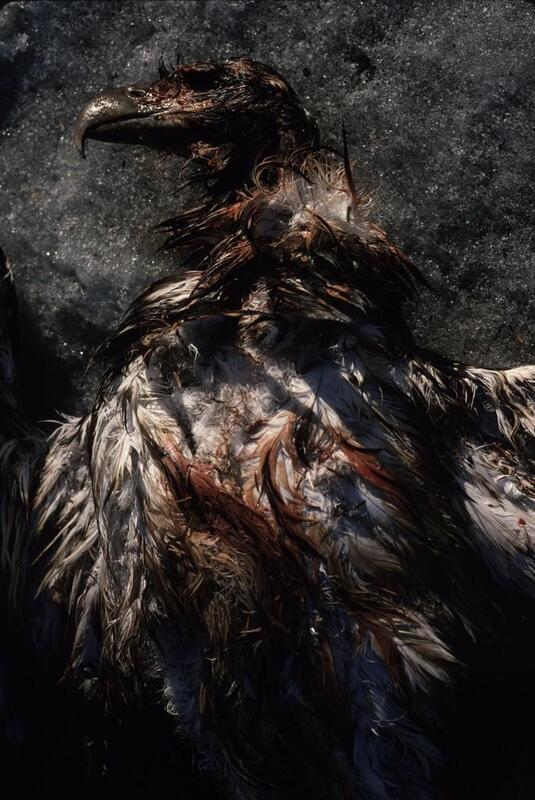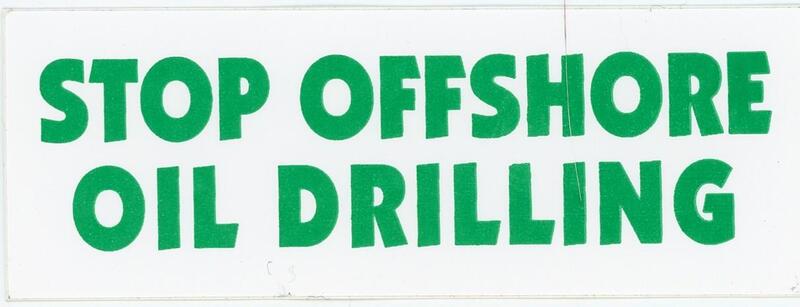Oil Extraction
The ocean holds some of the most substantial oil reserves in the world. Over time, innovation, commitment, and ingenuity has led to increased extraction of oil in our oceans. Offshore oil drilling is the process of extracting crude oil from beneath the seabed in coastal areas. Offshore sites are more expensive to build than inshore, but once completed, can turn profits at a lower rate than their counterpart and can produce for decades. Offshore drilling has become a crucial component of global energy production and supplies a significant portion of the world’s oil and natural gas.
While offshore oil drilling has significantly contributed to global energy supplies, it also poses environmental threats. Concerns include the potential for oil spills, habitat disruption, and the impact on marine ecosystems. These concerns can develop into destructive impacts on marine life. The biggest problem with offshore drilling is the spill and leakage of oil. Crude oil, natural gas liquids, diesel, and hydraulic liquid spills disrupt the food chain and kill marine life. They can poison whales, dolphins, turtles, fish, and shellfish as well as damage the immune and reproductive systems of birds and fish.
The worst environmental disaster in U.S. history, the BP Deepwater Horizon explosion, is still impacting Gulf marine ecosystems. The explosion caused 4 million barrels of oil to spill for over a 87-day period until finally being capped on July 15, 2010. The disaster killed one million seabirds and contaminated over 92,000 square miles of ocean surface. The spill also killed 17% of the Gulf whale species and continues to cause reproductive failure in the rest of the population.
All stages of offshore drilling contribute to a wide range of negative impacts on wildlife. Before drilling begins, the exploration process of seismic blasting disrupts the feeding, breeding, and communicating of whale species. Whales, dolphins, and other marine species rely on sound which can be impaired by the constant noise of seismic blasting. At close range, seismic blasting can be lethal. In addition to marine life, migratory birds are killed by offshore rigs because they are attracted by lights, human food, and burning flares. The bird's feathers can get coated by the oil which can destroy their ability to keep warm, float, and survive.
To completely stop offshore oil drilling, the leasing of offshore sites must first be stopped. This would require federal legislation banning the leasing. In addition, states can ban drilling off of state-controlled shorelines. The United States must continue the critical shift away from fossil fuels and toward renewable energy sources to keep marine life, humans, and the planet safe.
